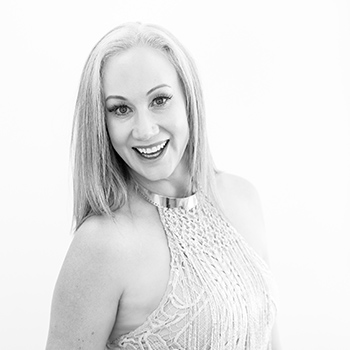
There’s no shortage of ways to lose weight. Ads selling tea, vitamins, exercise equipment, and even underwear all promise to help you shed a few pounds and inches. But so few of them actually work, and what’s worse, some weight loss crazes could actually be dangerous.
Here are some healthy, safe, and effective ways to lose weight and keep it off.
Start With Your Doctor
Before you make any lifestyle changes that could impact your health, it’s best to talk to your doctor. Your body is a complex ecosystem, and any major changes could create an unanticipated reaction.
Your doctor knows your medical history, current medications, and predisposition to underlying health problems. They can help you develop strategies to lose weight without triggering physical or psychological issues.
Your doctor is also your best resource to help you set a healthy goal weight.
Many people rely on the Body Mass Index to tell them whether they’re maintaining a healthy weight. However, BMI is not necessarily a reliable metric for healthy body weight.
Your doctor will consider your height and weight when determining a healthy fat loss goal. But they’ll also consider important elements like your age, your musculature, your bone density, and your general fitness.
With a health-focused approach to fat loss, you are more likely to make sustainable lifestyle changes and keep the weight off once you’ve lost it.
Drink Lots of Water
Drinking water is an important part of staying healthy in general. But it can also play a critical role in your weight loss strategy.
Water may help you lose weight by:
You should drink approximately 2 litres of water throughout your day.
Calorie Counting is Free & Effective
A calorie is just a unit of energy. Everything your body does, from running to blinking, burns energy. We take in energy by eating food. If we take in more energy than we use in a day, our bodies store that energy as fat cells.
Counting calories is just keeping track of how many units of energy go into your body, and how many units you burn every day. If you burn slightly more energy than you eat, you will lose weight.
There are plenty of diets out there that work in the short term. However, research indicates that counting calories may be a more effective and sustainable way to lose weight. In the short term, monitoring your caloric intake and usage shows you exactly how much you can eat of various foods and still burn fat. In the long term, it helps you to think critically about the balance of food and physical activity in your daily life.
The best part is that counting calories is free. You can find any calorie counting app and start a meal and exercise log. The results will probably take some time, but you may find they last a lot longer.
Aim for 1-2 Pounds a Week
Generally speaking, studies suggest that fast weight loss is hard on your body. Losing weight too quickly could put you at risk of muscle loss, nutritional deficiencies, gallstones, and even metabolic changes (which may actually cause weight gain)!
The largely accepted rate for healthy weight loss is 1-2 lbs per week. During your first few weeks, you may find that you’re losing weight slightly faster. This is usually what’s called “water weight.”
Once you’ve lost your water weight, you may find your weight loss slows. Do not be too discouraged; this is normal. Losing half a pound a week is perfectly acceptable. Remember that losing weight slowly is often associated with more long-term results.
Don’t Just Trust the Scale
We call it weight loss, but what we’re really talking about is fat loss, and probably, muscle gains. While your scale can help you keep track of your progress to some extent, there’s more to fat loss than just poundage.
We’ve all heard the phrase that muscle weighs more than fat, and that’s because it’s true. If you’re losing fat cells but building muscle mass, the additional muscle weight is going to muddy the numbers and make it difficult to track your progress.
It’s fine to continue weighing yourself, but it’s best to use the scale as one data point in a multi-point data analysis.
Measuring different parts of your body on a weekly or biweekly basis can help you track your progress. Check the circumference of your waist, hips, thighs, arms, and any other part of your body where you carry fat. Mark the measurements down so you can see the changes. Of course, bloating due to hormonal cycles and other elements may impact your measurements, so be ready for a little bit of fluctuation.
Another great metric is body composition, which breaks down approximately how much of your weight is muscle, how much is fat, and how much is everything else. This is probably not something you can calculate at home. However, some gyms and fitness clubs do have them available for members. They often look sort of like a scale, but with handlebars and a digital screen.
Using different metrics is a great way to track your success and see progress even if the scale isn’t showing any big changes.
Progress is Healthier Than Perfection
No one will ever be 100% happy with their body. If you start losing weight with the plan to stop when you’re happy with the results, you will always be disappointed. A more positive approach to weight loss is learning to love your body at every stage, and pursuing fitness because it’s part of a healthier and more balanced lifestyle.
Work with your doctor to build a plan that empowers and strengthens your body. You may find your results are far more satisfying.



















